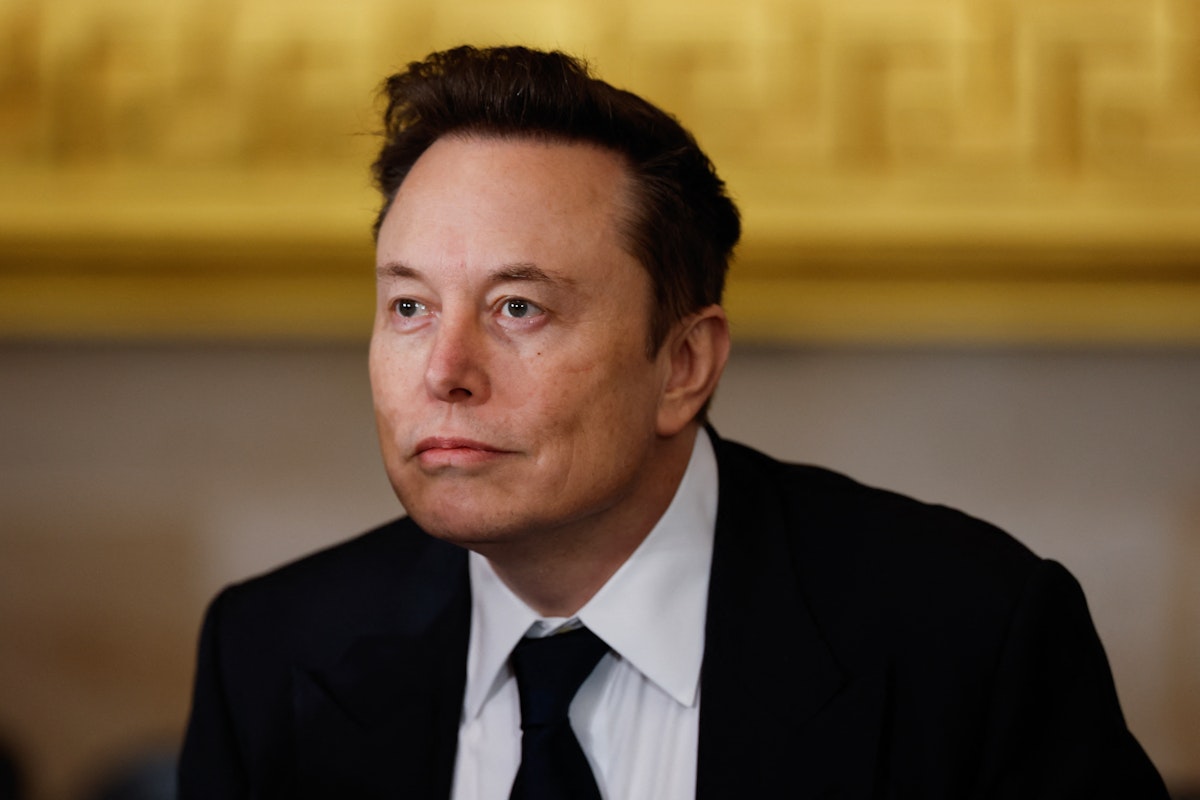

Beyer: Even the broader case will… I don’t know if I get in the right order, but number one: All the various international illnesses, things like Ebola or avian bird flu, usually almost always start in other, often developing, countries. And if we work closely with them, then we hope they won’t get to us or they’ll get to us after we figure out vaccines and treatments and the like. Then there’s the whole issue of stability. Anytime there’s instability in other parts of the world, it affects stability everywhere. Eugene Vindman served 25 years in the U.S. Army pointed out, If we cut the less than 1 percent of our budget that goes for U.S. international development, we’re have to double or triple our military budget. Our military budget right now is $890 billion. Can you imagine taking it up to $1.6 trillion or $2.7 trillion just to offset a relatively small, small investment in international aid?
Sargent: Well, I want to return to something you said earlier. You mentioned that lawsuits are in the works. Congressman, by the time people listen to this on Tuesday, some of these lawsuits may be filed. Do we know where the lawsuits to try and block this action against USAID will come from? Is it outside groups, from Congress, maybe some combination?
Beyer: Greg, I suspect it may actually be an outside group, and that is fine. We’re rooting for them. We want to make sure that they’re representing the people who are affected and that the lawsuit is not too tinged with any partisan purpose but rather upholding the law. Elon Musk not only wasn’t elected, but he’s never been vetted, passed a security check. He’s never been confirmed by the Senate. It’s uncertain why he’s gotten parachuted in there to treat the federal government as if it were X or Twitter.






